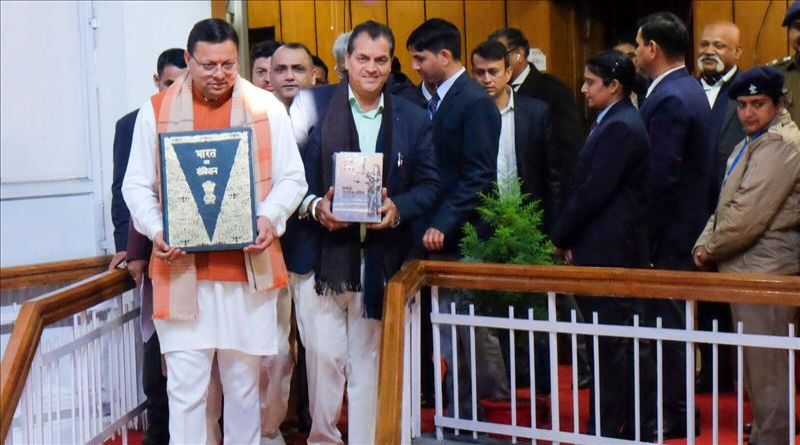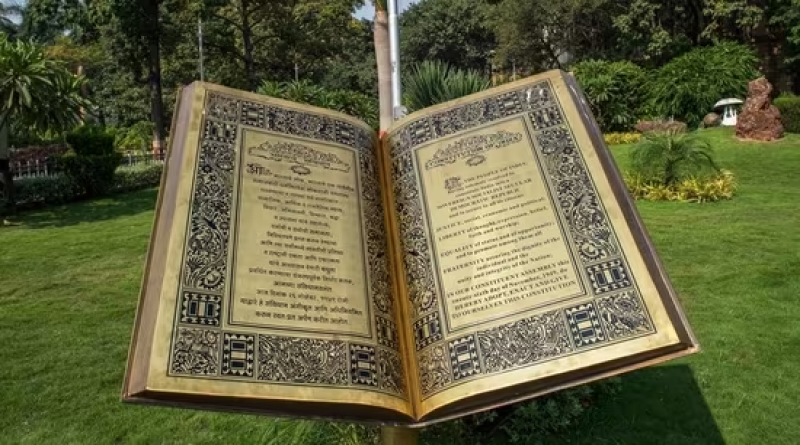Understanding Uttarakhand’s Proposed Uniform Civil Code Bill: Key Details

New Delhi: The Uttarakhand government led by Chief Minister Pushkar Singh Dhami is set to introduce the Uniform Civil Code Uttarakhand 2024 Bill (UCC) during the current special assembly session. The bill, to be introduced on Tuesday, aims to establish uniform civil law applicable to all communities within the state. This marks the culmination of an important election promise made by the BJP in its 2022 assembly election manifesto.
What is Uniform Civil Code?
The Uniform Civil Code is a comprehensive set of laws governing personal matters such as marriage, divorce, adoption, inheritance and succession. The UCC is designed to replace existing unequal personal laws that vary based on religious affiliation, ensuring equal treatment of all citizens regardless of their religious background.

What is the Uniform Civil Code Uttarakhand 2024 Bill?
The foundation of UCC in Uttarakhand was laid in 2022 when the state government constituted a panel led by retired Supreme Court judge Ranjana Prakash Desai to draft the bill. The panel comprising various stakeholders, including retired judge Pramod Kohli, social activist Manu Gaur, former Uttarakhand chief secretary Shatrughan Singh and Doon University vice-chancellor Surekha Dangwal, prepared a comprehensive report of over 740 pages in four volumes.
To gather input, the Panel conducted extensive public engagement initiatives, which included collecting feedback through written and online channels, organizing public forums, and hosting 43 outreach events, connecting with over 60,000 individuals. Chief Minister Dhami emphasized that the UCC Bill is the result of inclusive public dialogue, deliberations and suggestions.
The UCC Uttarakhand 2024 Bill reportedly includes recommendations such as a ban on polygamy and child marriage. According to a report in India Today, the main features of the bill include equal property rights for both sons and daughters, abolishing the distinction between legitimate and illegitimate children, equal property rights after death and recognition of both adopted and biological children. Giving is involved.






Pingback: autodetailing
Pingback: อุปกรณ์ไอที
Pingback: my profile
Pingback: find out here now
Pingback: สล็อต pg ยิ่งปั่นยิ่งแตก
Pingback: online webcams
Pingback: Loi Kroh Muay Thai ticket
https://www.tellern.com Telegram应用是开源的,Telegram下载的程序支持可重现的构建。Telegram同时适用于以下环境:Android安卓端,iPhone 和 iPad及MacOS的Apple端,Windows/Mac/Linux桌面版
Pingback: BAU_2025
Pingback: dark168
Pingback: fear of god essentials
Pingback: เครื่องเป่าแอลกอฮอล์